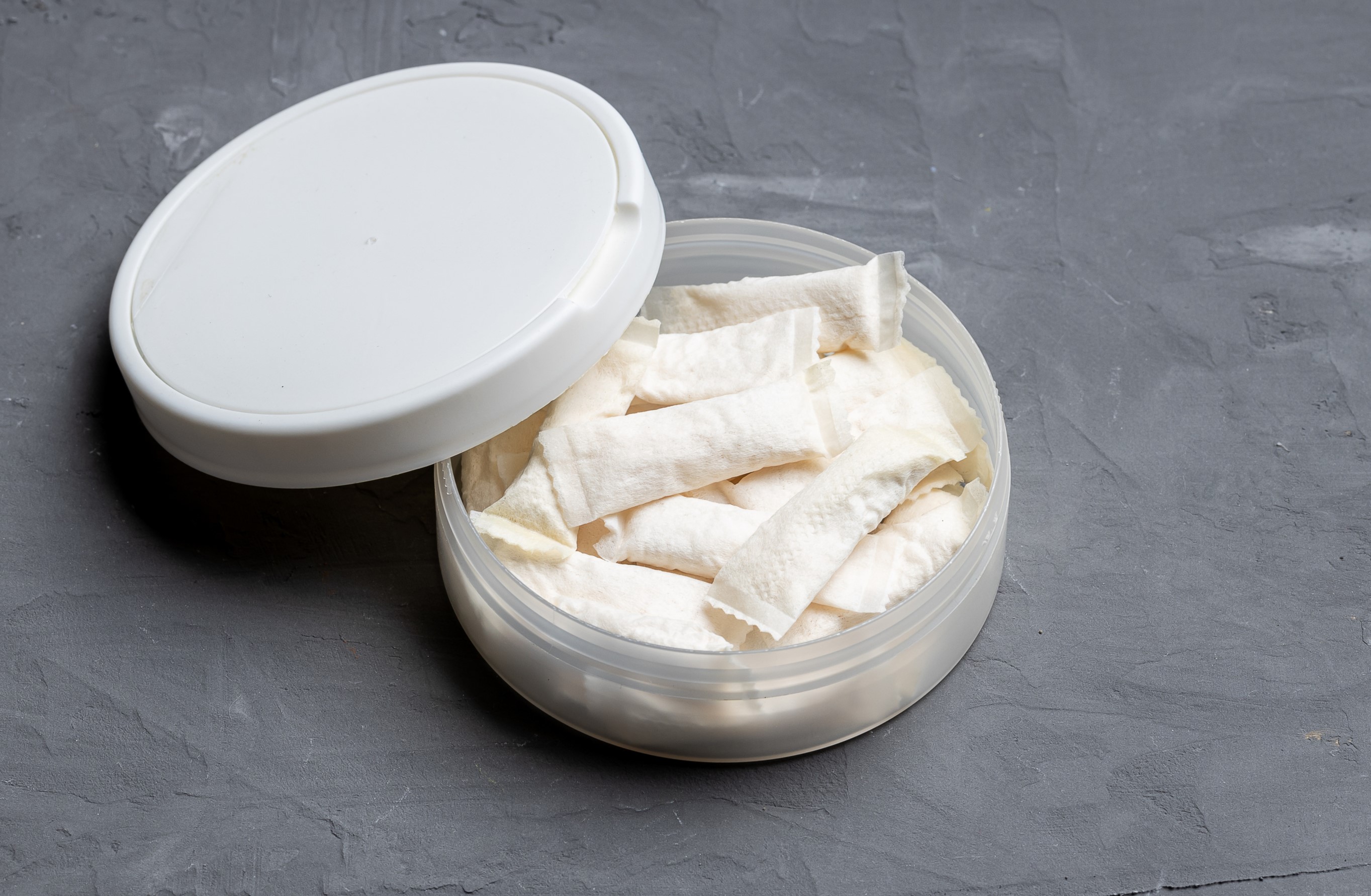In 2017, some of the largest tobacco companies in the United States were ordered by a Federal Court to publish ‘corrective’ statements in the media across the country. In these statements they admitted the true health effects of their products and how they intentionally designed cigarettes to make them more addictive.
Here's one of them:
‘Cigarette companies control the impact and delivery of nicotine in many ways, including designing filters and selecting cigarette paper to maximize the ingestion of nicotine, adding ammonia to make the cigarette taste less harsh, and controlling the physical and chemical make-up of the tobacco blend.’
In other words, cigarette companies use filters, additives and other tactics to make ciggies easier to smoke and to get as much nicotine into smokers' bodies as possible.
Despite being made to admit these truths, tobacco companies are still allowed to design cigarettes in this way to get new smokers (i.e. young people) hooked, and to make it more difficult for people to quit.
It's not listed on the packet, but flavours such as menthol, corn syrup and cocoa are added to tobacco to disguise the harsh taste and smell, making it easier to smoke...which can also increase addiction. Others might be harmless in their natural state, but change when burnt, and can increase your risk of cancer. There are over 7,000 chemicals in tobacco smoke and at least 69 of them are known to cause cancer.

Another trick tobacco companies use is filters. Filters were originally advertised as a way to make cigarettes safer, blocking deadly toxins, but this is not what’s actually happening. The little holes in the filter paper, designed to allow more air into each puff, cause people to take deeper breathes to reach their desired hit of nicotine. This has even caused an increase in a specific type of lung cancer, deep in the lungs.
More recently, tobacco companies have introduced flavour ‘capsules’ to some filters which can be crushed at any time while smoking to release a burst of flavour. Flavour capsules generally contain menthol, but can also include flavours like sugar and cloves; all to help smokers forget about the toxic cocktail of chemicals they are actually inhaling.
This big flavour hit, along with the obvious ‘novelty’ factor, may explain why cigarettes containing flavour capsules are more popular among younger smokers.
We need new regulation to stop these manipulative tobacco industry practices, so that fewer young people start smoking, and it’s easier for people to quit.


.webp)



.jpg)
.jpg)






